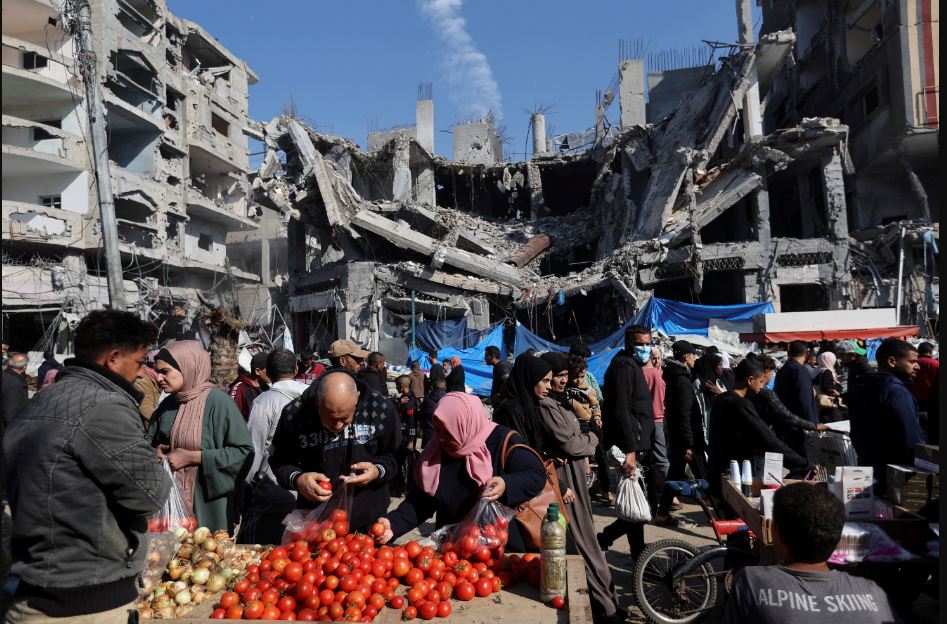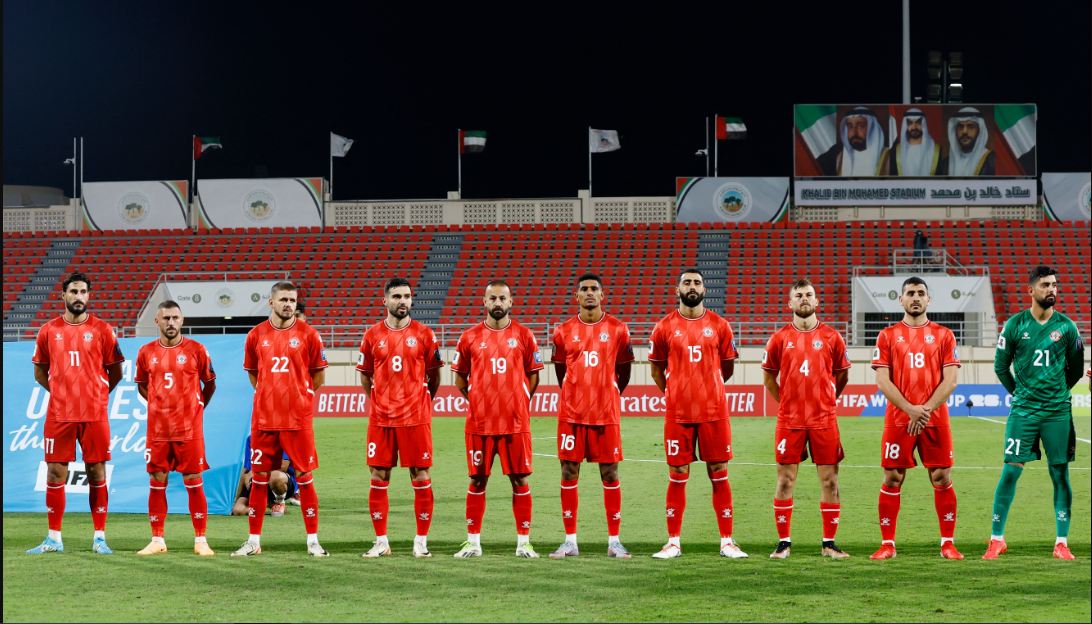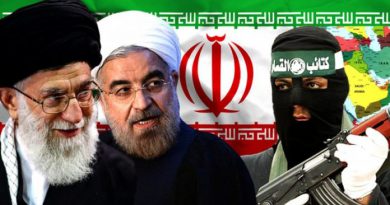Support among Israelis for resumption of Gaza campaign
Tel Aviv (Reuters) – Israelis interviewed on Tel Aviv’s streets backed their army’s resumption of fighting in the Gaza Strip on Friday, acknowledging the dangers but blaming Hamas for the collapse of a week-long truce.
The pause in a 7-week-old war had allowed for the exchange of hostages held since an Oct. 7 Hamas attack for hundreds of Palestinian prisoners and facilitated the entry of humanitarian aid into the coastal strip.
“They didn’t return all the captives. They didn’t reunite the families together. We had no other choice. You know, it’s not the war that we choose,” said Dvir Feller.
“We still have 156 hostages in Gaza, still have babies there … We don’t want this war, but we have to,” he said.
The army resumed airstrikes on the Palestinian enclave early on Friday, accusing Hamas of violating a week-long truce by firing rockets and failing to free all the women it was holding hostage.
Israeli Yael Segal, 53, said, “I’m really worried about that because I know it’s a must, it should continue. But on the other hand, all the hostages are in real danger.
“I hope Hamas will be clever enough to keep the hostages safe and also the innocent citizens of Gaza, that they will be safe also,” she said.
The army on Friday released a link to an online map showing Gaza divided into hundreds of districts, which it said would be used to help communicate future evacuation instructions.
“Israel usually, you know, sends messages before attacks and asks the people to go from this area, but Hamas doesn’t let them do so and then blames Israel and the victims, which are innocent citizens,” Segal said.
Opinion polls traditionally show Israelis give high marks to the military. Conscription is mandatory, and it is often described as a people’s army, though exemptions are given, often to Jewish seminary students.
Israeli Lior Feuer said: “I think the fighting will continue no matter what. And I don’t believe Hamas will give up all the hostages because they use it as a human shield.
“So if they give up all of them, they won’t have anything to stand up against Israel because Israel has a much stronger army than Hamas does. And I’m all for the fighting against Hamas. And I think they should pay for what they did to Israel,” he said.
Much of Gaza, an enclave of 2.3 million people, was reduced to a wasteland in an Israeli retaliatory offensive for the Oct. 7 Hamas rampage in which Israel says 1,200 people were killed and about 240 taken hostage.
Gazan authorities say Israel’s bombardment has so far killed more than 15,000 people in the Hamas-run enclave.
“We really need to finish the work we started because we’re scared to live in our country. It’s our country, we have one small Jewish country. We are afraid to go around to be hit by rockets, to have suicide attacks,” said Tania Rubinshtein.
“I just called my friend and I said, ‘I hope we won’t get stabbed.’ We just came for a coffee. We just want to live. We don’t have any other place to go.”



